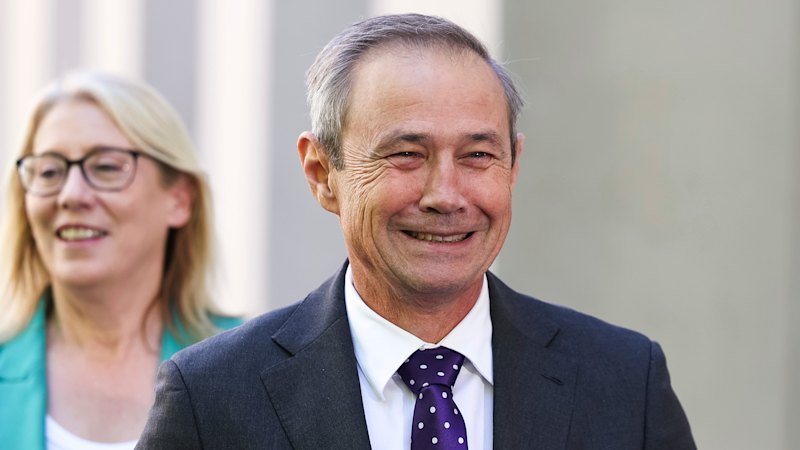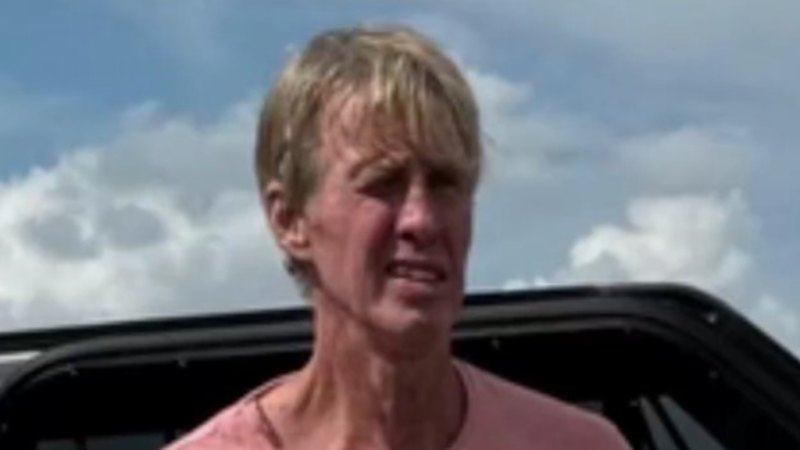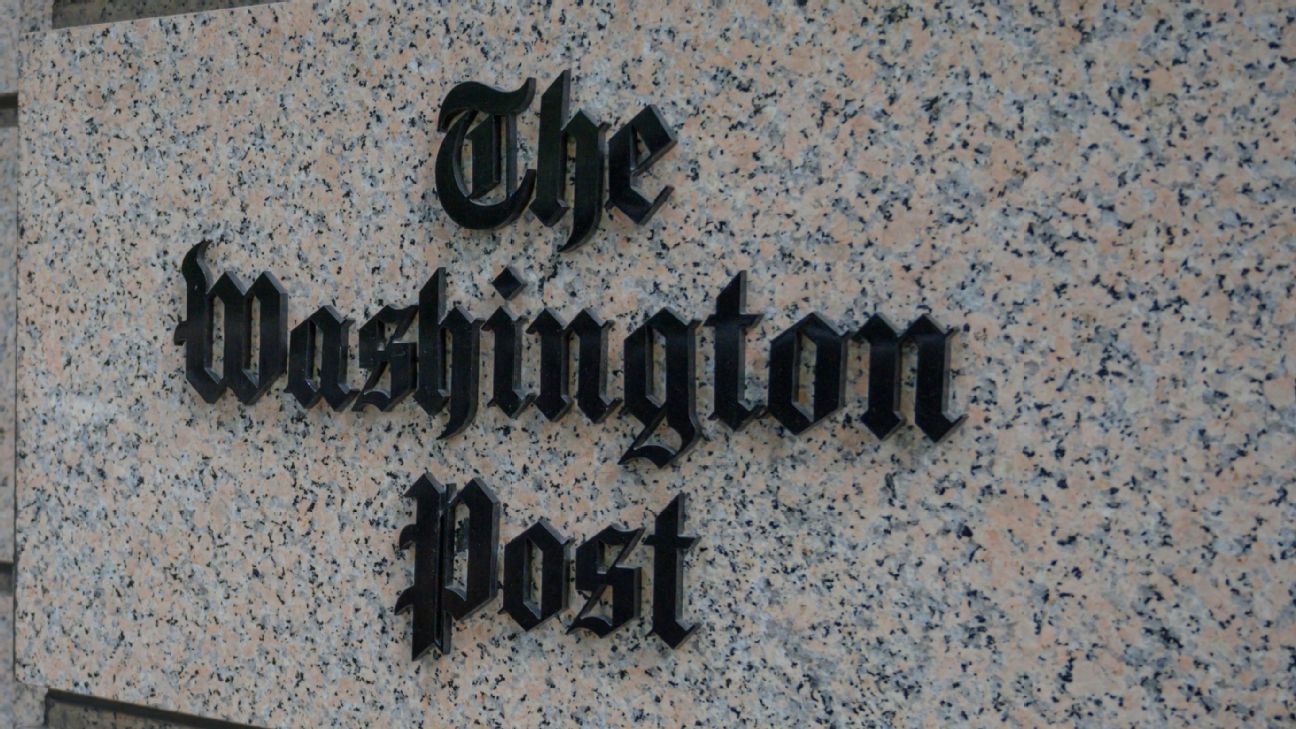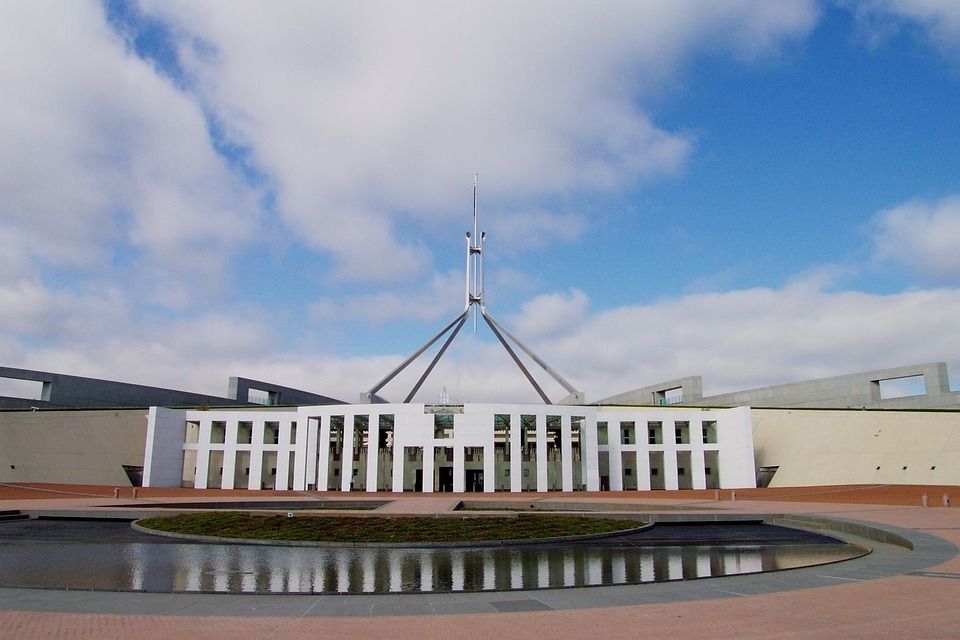
Western Australia’s Premier Roger Cook and Treasurer Rita Saffioti have made a formal appeal for increased Goods and Services Tax (GST) funding, arguing that the current system is beneficial for all Australians. Their visit to Canberra on Wednesday was part of a campaign titled “WA’s GST is working for Australia,” aimed at addressing concerns from voters across the nation, especially those in other states.
The pair’s push comes in the wake of a controversial GST allocation agreement established in March 2018 by then-Prime Minister Scott Morrison and former Treasurer Josh Frydenberg. This arrangement has provided Western Australia with an additional $6 billion annually but is projected to cost federal taxpayers approximately $60 billion by the end of the decade.
Controversy Over GST Allocation
Independent economist Saul Eslake has labeled the 2018 GST deal as one of the worst public policy decisions of the century. Originally intended to remedy a situation where Western Australia was receiving diminishing GST revenue amidst a domestic recession, the deal has instead complicated fiscal relationships among states.
The Productivity Commission had previously recommended a per capita distribution of GST funds, supplemented by additional support for regions facing significant financial challenges. Instead, the Morrison government implemented a two-part system which guarantees that Western Australia receives 75 cents of every dollar generated in the state. This guarantee necessitates additional funding for other states to prevent them from being financially disadvantaged.
Cook and Saffioti argue that the system is flawed and encourages states to halt economic development to maximize their GST share. Cook stated, “It’s a ridiculous system that disincentivises state governments to develop their industries.” He emphasized that the wealth generated from Western Australia’s natural resources is due to the hard work of its citizens and sound economic management.
Impact on Federal Taxpayers
Despite boasting a budget surplus, Western Australia faces challenges in delivering essential services, grappling with the second-highest inflation rate in the country. The government has also seen substantial cost overruns on key projects such as the Metronet rail initiative. Critics argue that the state’s fiscal strategies are placing an undue burden on federal taxpayers, including those in Western Australia.
As Cook continues to advocate for maintaining the current GST allocation, he acknowledged the political and financial implications if the system reverts to its previous state, which could result in a loss of $6 billion annually for Western Australia. The ongoing debate highlights the complexities of federal fiscal policy and the need for transparent mechanisms to allocate GST funds effectively.
Looking ahead, the upcoming review by the Productivity Commission, set to be released next year, is expected to reassess the viability of the Morrison-era GST deal. As the situation evolves, the ramifications of the GST allocation system will remain critical in assessing the future of intergovernmental financial relations in Australia.







